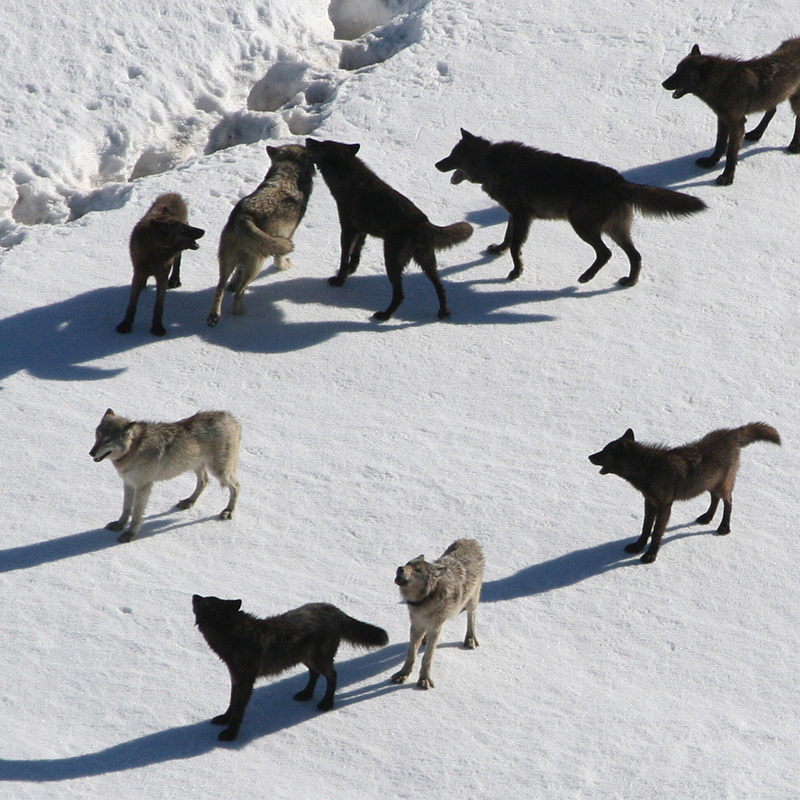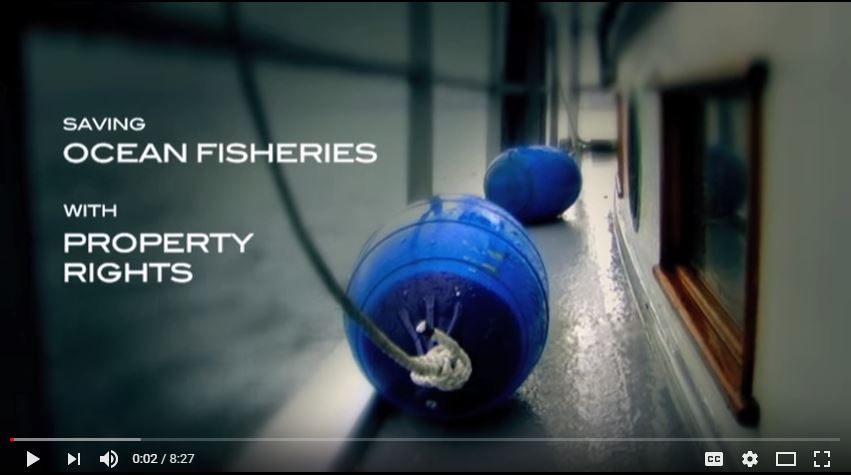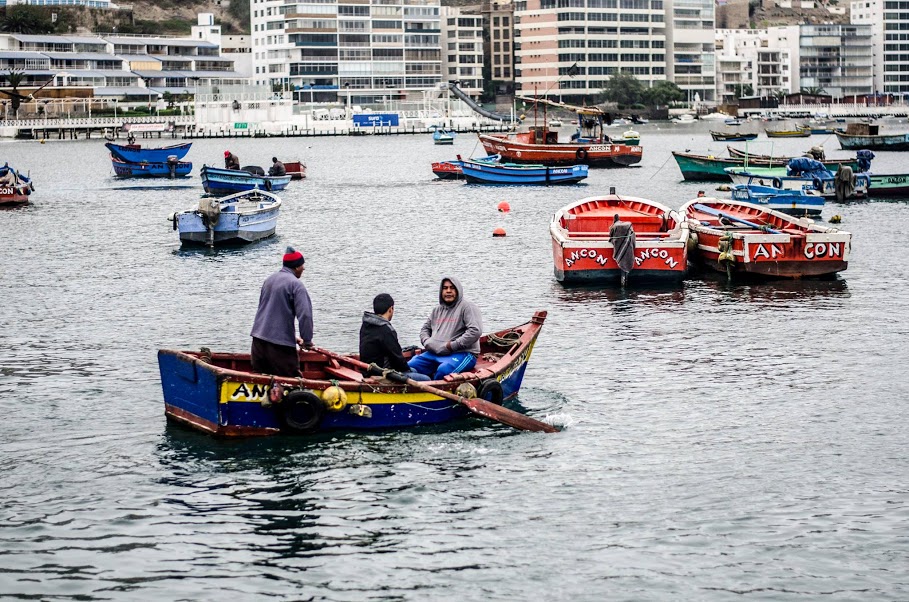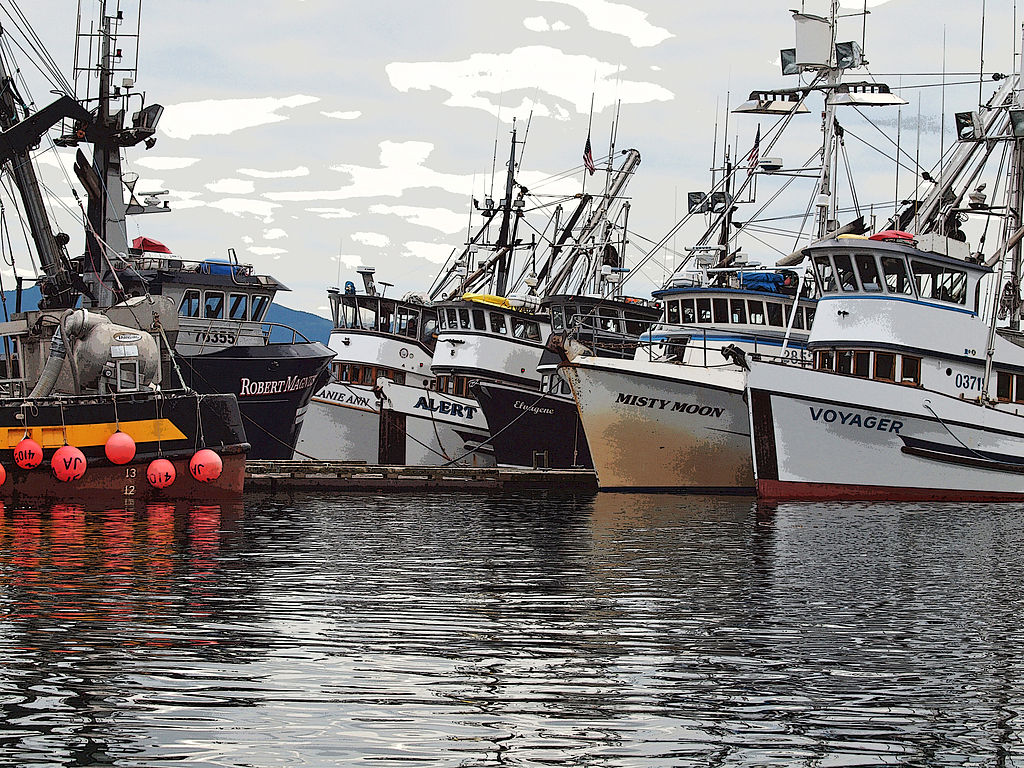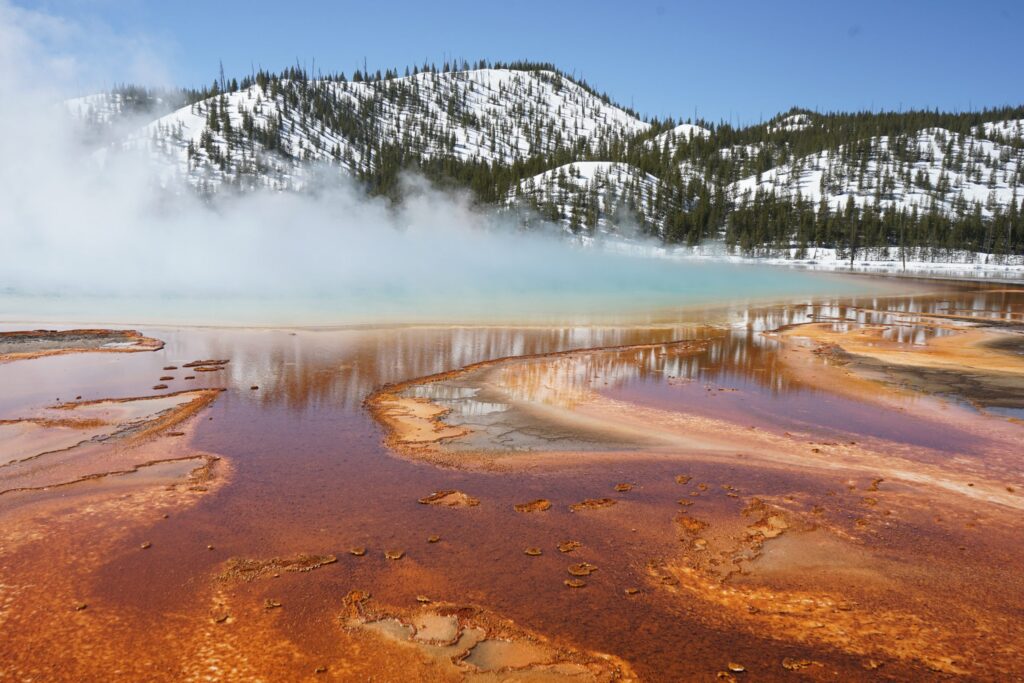All Research:
Innovation in Wildlife Management
The Tortoise Can Win the Race for Candidate Species Conservation
In June of 2012, the world mourned the loss of the giant tortoise, Lonesome George. The 100-year-old tortoise lived in the Galapagos and was believed to be the last of his sub-species. George served as an ambassador for endangered species—especially in Ecuador where many groups are working to restore not only tortoise populations throughout the archipelago but also to improve the status of other rare species.
Wolf 832F and the Yellowstone Hunting Ban
Terry Anderson, interviewed by John Batchelor, considers the gray wolves in Yellowstone and the apparent paradox that hunting creates a healthy population of wild species. https://www.perc.org/sites/default/files/media/JBS%20Anderson%20010313.mp3
Saving Ocean Fisheries With Property Rights
Captain Mark Lundsten explains how catch shares changed his life as a fisherman.
Tackling the Global Fisheries Challenge
As part of a PERC workshop, “Tackling the Global Fisheries Challenge,” Fisheries Specialist for the World Bank, Michael Arbuckle discusses rights-based fisheries reform in developing country fisheries.
The Benefits of Catch Shares
John Batchelor interviews PERC’s Dino Falaschetti about Tackling the Global Fisheries Challenge. He explains why catch shares are good for fish habitat, fishermen, and consumers all over the world.
Of Moose and Man
That there are moose in Yellowstone today tells us something about nature and our role in it.
Public Lands v. Madison Co. Commission
PUBLIC LANDS ACCESS ASSOCIATION, INC., Petitioner/Appellant, v. THE BOARD OF COUNTY COMMISSIONERS OF MADISON COUNTY, STATE OF MONTANA, AND C. TED COFFMAN, FRANK G. NELSON, and DAVID SCHULTZ, constituting members of said Commission; and ROBERT R. ZENKER, in his capacity as the County Attorney for Madison County, State of Montana, Respondents/Appellees. JAMES C. KENNEDY, Respondent-Intervenor/Appellee/CrossContinue reading “Public Lands v. Madison Co. Commission”
Stemming New Zealand’s Ocean Conflict
Rugged, enchanting, and powerful coastlines surround New Zealand. The coastlines are powerful not just in wave energy but also as sources of cultural identity, commerce, and conflict.
Cheetah Conservation
By the employment of dogs, farmers and conservationists are reducing both livestock lost to predation and cheetahs lost to predator control.

